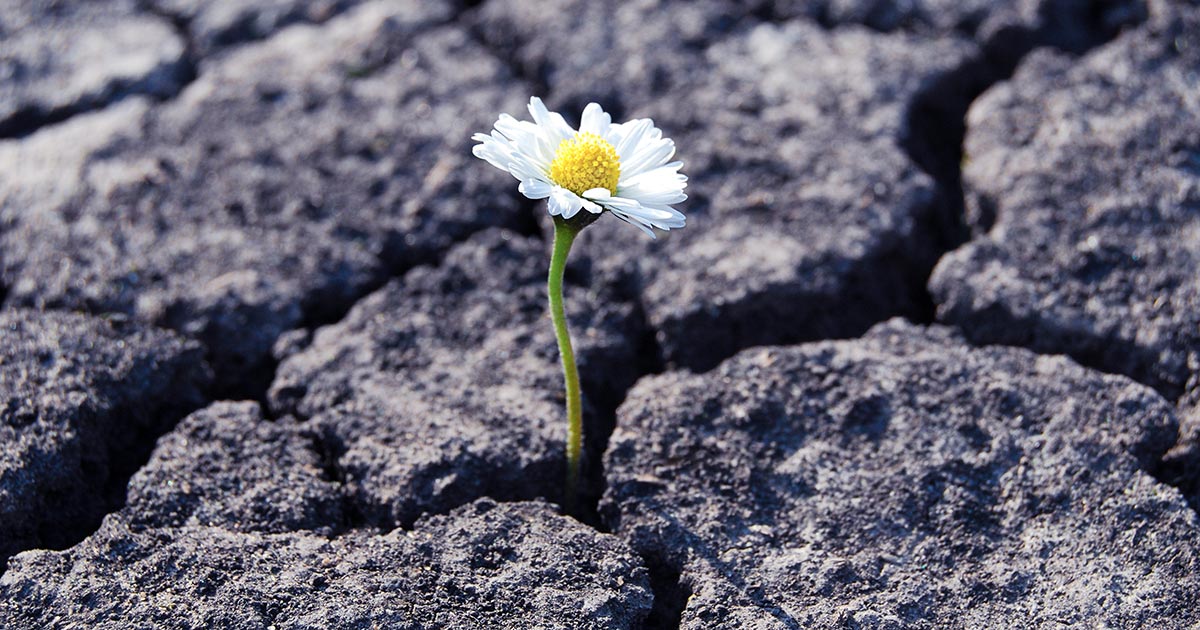Resilience is the ability to bounce back from problems and setbacks or when things don’t go as planned.
It’s a quality we all possess to some degree, but some of us can draw on it more easily than others, or can take bigger knocks (or more knocks) than others can.
Resilience is important because it keeps us getting back up on our feet and getting back on track after we hit a challenge, until we finally reach our goals. It allows us to deal with difficult situations, and it helps us to grow by encouraging us to look at the positives and to manage stress.
What it’s not…
It’s not about trying to carry on regardless of how we feel, and it’s not about being superhuman. Instead, it’s about understanding why we feel the way we do, and developing strategies that help us deal with situations more effectively.
It’s very hard to beat someone who keeps getting back up. But what makes him or her different from another person who cannot is just the strategies he or she uses. The situation is no different, but the response is different – and that’s what resilience is all about.
How resilient are you right now?
A good place to start would be to think about which strategies you already have now that help you bounce back.
Can’t think of any? Then perhaps rate yourself in these areas:
- When given a new task, I’m confident I’ll succeed.
- When a task doesn’t go to plan, it affects my self belief.
- I have few people at work who I can speak to about issues in the office.
- I have an incredible support network.
- If a challenge pops up, I am quick to focus on the solutions.
- When I encounter a difficulty, I lose sight of my goal quickly.
- Asking for assistance reveals weakness.
- When fundamental change occurs, I struggle to come around to new ways of thinking.
Rating yourself will reveal the areas you need to focus on and how resilient you truly are.
Emotional distress
Being resilient doesn’t mean a person won’t experience difficulty or distress. People who have suffered major adversity or trauma in their lives commonly experience emotional pain and stress. In fact, the road to resilience is likely to involve considerable emotional distress…
While certain factors might make some individuals more resilient than others, resilience isn’t necessarily a personality trait that only some people possess. On the contrary, resilience involves behaviours, thoughts and actions that anyone can learn and develop.
- In next week’s Tip of the Week, Gerardo looks at five strategies to help develop your resilience.

Leave a Reply